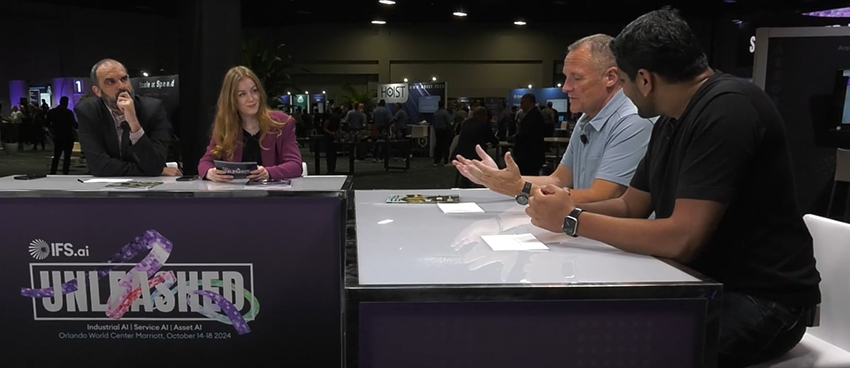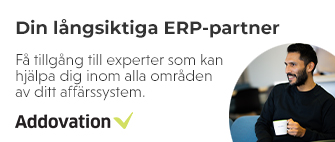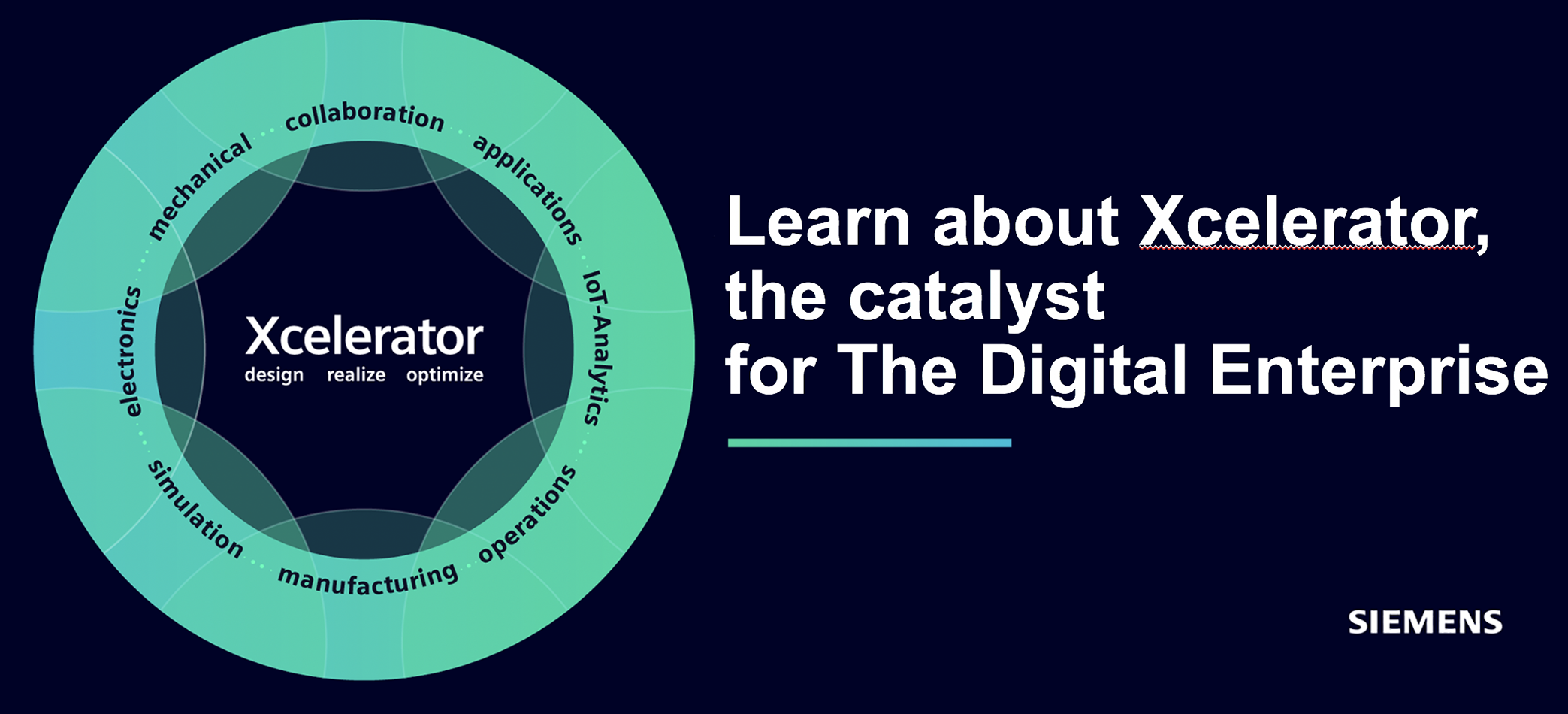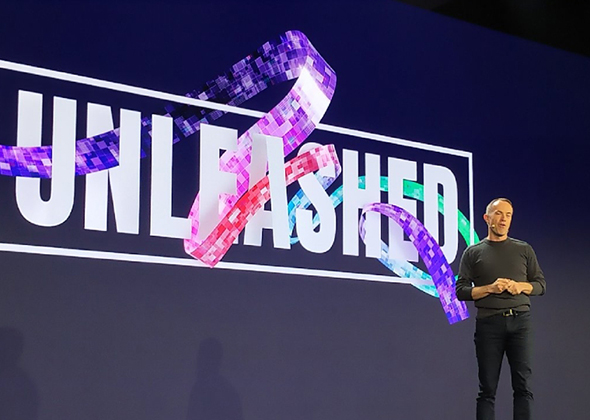Moffat also said that by using the IFS Digital Business Value model, clients were able to achieve an average 22 percent improvement in key metrics such as costs, revenue or productivity. Clearly, this approach is by no means uncommon, many solution providers make these types of business assessments and construct ROI models to help make implementation decisions. But, as CIMdata notes, “many use these ROI models to justify their investment decisions, but then ignore them.”
IFS has been using AI for several years
As mentioned in the introduction above, on the technology side, CIMdata’s analysis of IFS has a focus on AI, especially generative AI (genAI).
“For some time, many vendors of industrial software solutions have been leveraging machine learning (ML) to improve user experience (UX). Today, software companies are embedding genAI into applications to take advantage of general knowledge and business knowledge e.g ear to improve UX, which reduces mundane work so users can focus on making better decisions,” writes the analyst, noting that IFS has been using AI for years.
In 2023, IFS, which PLM&ERP News has reported on several occasions, launched its IFS.ai in the US, focusing on ”features that will help customers increase the productivity of their business and leverage digital technology to build agility and operational excellence.” CIMdata also notes that IFS is working in this to take advantage of the IFS.ai capacity also over its expansive IFS Cloud and industrial solutions.

”BAE System has AI everywhere”
Speaking from the stage in Orlando, Christian Pedersen, CPO, argued that AI is everywhere and that IFS is applying it to its core functions. ”In this discussion, it was clear that IFS used Retrieval Augmented Generation (RAG), which applies contextual data about the user and their needs to focus genAI support,” writes CIMdata.
RAG is the process of optimizing the output of a large language model, so it references an authoritative knowledge base outside of its training data sources before generating an answer. “This,” said Pedersen, ”provides Industrial AI that understands your context, your people and will contribute to the future being industrially AI-driven.”
During the Unleashed event, we also got to see more of Christian Pedersen, who led an exciting session with Luigi Sidoli, who is BAE Systems’ head of campaigns and programs. According to Sidoli, an audit showed that BAE Systems has AI everywhere. Some drones rely on AI, and their use to reinvent supply chains is exciting. AI also supports predictive maintenance to extend the time between maintenance actions.
Boomi and custom AI agents build IFS-SAP integrations
Another AI-related point that CIMdata brings up from Unleashed 2024 revolves around partners playing a large role in the IFS ecosystem.
“Steve Lucas, Chairman and CEO of Boomi, provided an enticing vision of genAI-enabled integration. A long-time IFS partner, Boomi was known for its drag-and-drop, no-code integration and automation platform. Now, with genAI, Boomi built six live AI agents to help build custom integrations between IFS and SAP. Just give Boomi a text description of your integration and it will build it. You can review the data and the flow it creates, make changes with a few clicks, and then instantiate it. Boomi will even write the documentation for the integration, in whatever language you choose. Lucas called it the beginning of the ’agentic future’.”

The sustainability collaboration between IFS and PwC
In its commentary on the event, CIMdata also addresses the issue of sustainability, where IFS together with major consultant PwC have developed an innovative solution for sustainability reporting. With features and technology critical to companies’ ability to report the sustainability data required today, this solution will also help companies integrate sustainability throughout their operations, locally and globally.
The initiative means that IFS develops a special sustainability module, the Sustainability Management module, within IFS Cloud. PwC contributes to this with its expertise in sustainability criteria and the ever-changing regulations to support the development of the solution.
The solution will help IFS customers manage the new requirements from the EU’s Corporate Sustainability Reporting (CSRD) directive on corporate sustainability reporting, and several other upcoming global regulations.
In one of the sessions, IFS and PwC also highlighted how to work to make sustainability a competitive advantage. The background to the collaboration is that in May 2024 this year, as PLM&ERP News previously reported, the aforementioned partnership was announced to create a Sustainability Management Solution in the IFS Cloud.
IFS believes it is uniquely positioned to support sustainability requirements. Their solutions are the environmental, social and governance (ESG) practices of record for their many clients.
CIMdata comments on the matter as follows:
”The European Union (EU) is a leader in sustainability regulation. PwC estimates that 50,000 companies will be ’caught’ by a new EU Sustainability Reporting Directive (CSRD). But the reporting landscape extends far beyond the EU directive to several sustainability frameworks, standards, coalitions and initiatives and ESG rating systems. This makes it difficult to compare ’apples to apples’. IFS and PwC focus on CSRD because it is the first well-formed criterion available. There are up to 1,400 datappoints that each company may need to report, focusing on this ’material’ to their organisation. PwC Readiness Services will help clients optimize Sustainability Management using the IFS.ai platform. This is an important topic and a strategic approach is essential for industrial success.






